Bachelor of Mechanical Engineering with Honours
(R3/0714/6/0030) 10/27 (MQA/FA8757)
Bachelor of Mechanical Engineering with Honours is one of the top in-demand disciplines of engineering. Mechanical engineers are relatively versatile and knowledgeable in various fields (both technical and managerial) that increase their value and demand in the job market. Students enrolling in this course will be equipped with the knowledge and skills to apply principles and fundamentals in Engineering Mathematics, Applied Mechanics, Mechanical Design, Thermal/Fluid Sciences, and Material Science to solve complex engineering problems. Throughout the four years Mechanical Engineering degree programme, students will also gain knowledge and experience on the current trend research areas encompassing renewable energy, nanofluids, composite materials, ergonomics, machine design and tribology.
In addition, students are also given the opportunity to select the elective subjects related to IR-4.0 such as Additive Manufacturing, Robotics and Automation, IoT Design and Interfacing, and Artificial Intelligence and Applications. This programme also provides students with industrial experience and research training by requiring students to complete industrial training, capstone design project and final year project geared towards making them industry ready in this era of Industry 4.0.
PROGRAMME EDUCATION OBJECTIVES
PROGRAMME OUTCOMES
1. Graduates who demonstrate technical competence, leadership skills or entrepreneurial qualities within their organizations
2. Graduates who demonstrate professionalism and a commitment to continuous professional development
3. Graduates who are employed in engineering or related professions, or are pursuing (or have completed) their studies in engineering or professional graduate school
CAREER PROSPECTS
- Apply knowledge of mathematics, natural science, computing and engineering fundamentals, and an engineering specialization as specified in WK1 to WK4 respectively to develop solutions to complex engineering problems.
- Identify, formulate, research literature and analyze complex engineering problems reaching substantiated conclusions using first principles of mathematics, natural sciences and engineering sciences with holistic considerations for sustainable development (WK1 to WK4).
- Design creative solutions for complex engineering problems and design systems, components or processes to meet identified needs with appropriate consideration for public health and safety, whole life cost, net zero carbon as well as resource, cultural, societal, and environmental considerations as required (WK 5).
- Conduct investigation of complex engineering problems using research methods including research-based knowledge, including design of experiments, analysis and interpretation of data, and synthesis of information to provide valid conclusions (WK 8).
- Create, select and apply and recognize limitation of appropriate techniques, resources, and modern engineering and IT tools, including prediction and modelling, to complex engineering problems (WK 2 and WK 6).
- Analyze and evaluate sustainable development impacts to society, the economy, sustainability, health and safety, legal frameworks, and the environment, in solving complex engineering problems (WK1,WK5 and WK7).
- Apply ethical principles and commit to professional ethics and norms of engineering practice and adhere to relevant national and international laws. Demonstrate an understanding of the need for diversity and inclusion (WK 9).
- Function effectively as an individual, and as a member or leader in diverse and inclusive teams and in multidisciplinary, face to face, remote and distributed settings (WK 9).
- Communicate effectively and inclusively on complex engineering activities with the engineering community and with society at large, such as being able to comprehend and write effective reports and design documentation, make effective presentations, taking into account cultural, language, and learning differences.
- Apply knowledge and understanding of engineering management principles and economic decision making and apply these to one’s own work, as a member and leader in a team, and to manage projects in multidisciplinary environments.
- Recognise the need for, and have the preparation and ability for i) independent and life-long learning, ii) adaptability to new and emerging technologies and iii) critical thinking in the broadest context of technological change (WK8).
STAFF
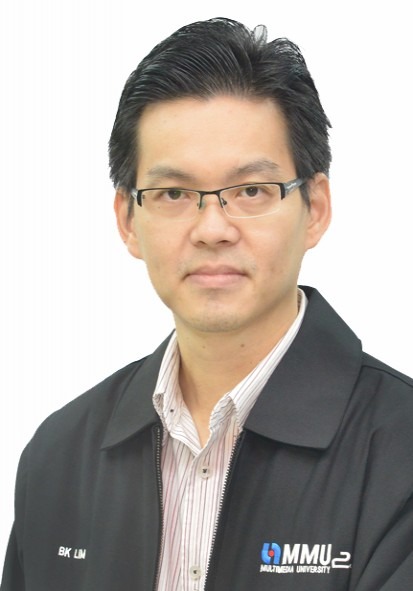
Dr. Lim Boon Kian
Programme Coordinator
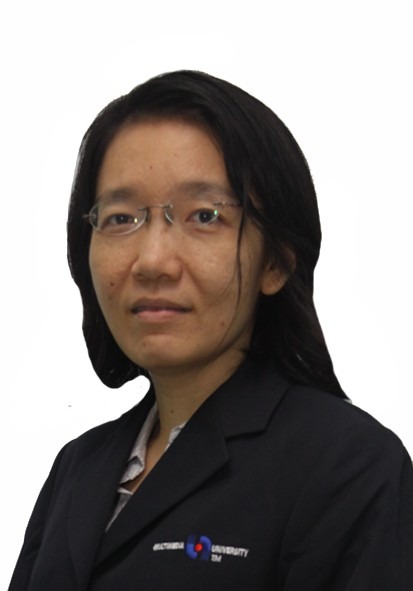
Assoc. Prof. Ir. Dr. Chen Gooi Mee
Asistant Programme Coordinator
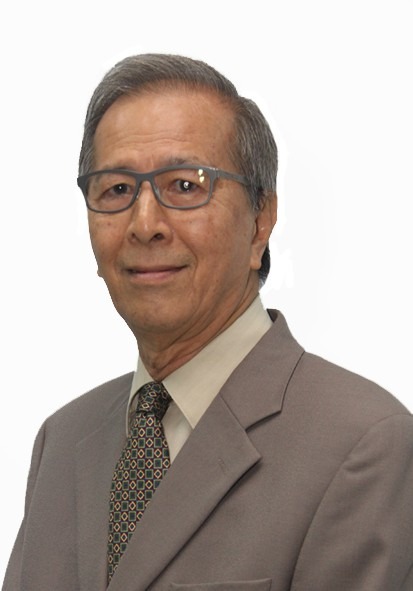
Prof. Ir. Dr. Tso Chih Ping
Professor
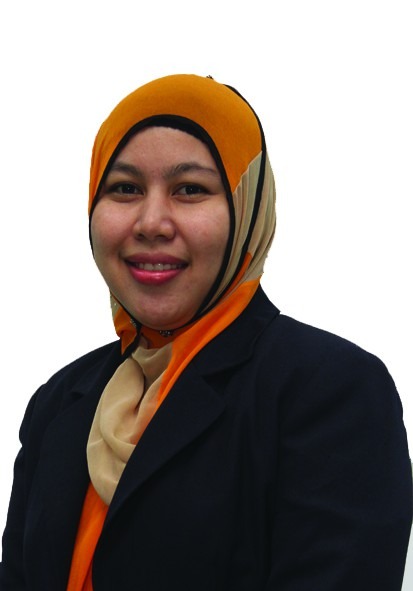
Prof. Ts. Dr. Ervina Efzan Mhd Noor
Professor
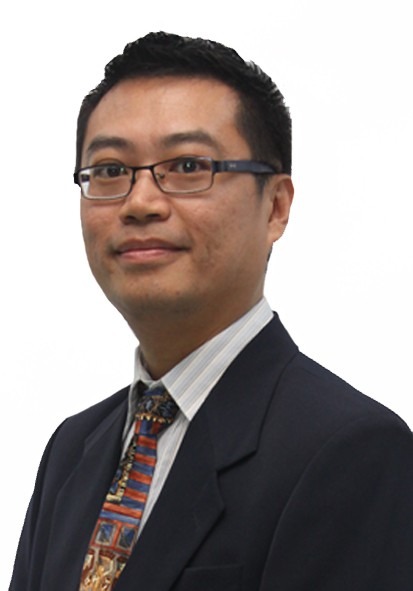
Assoc. Prof. Ir. Dr. Kok Chee Kuang
Associate Professor
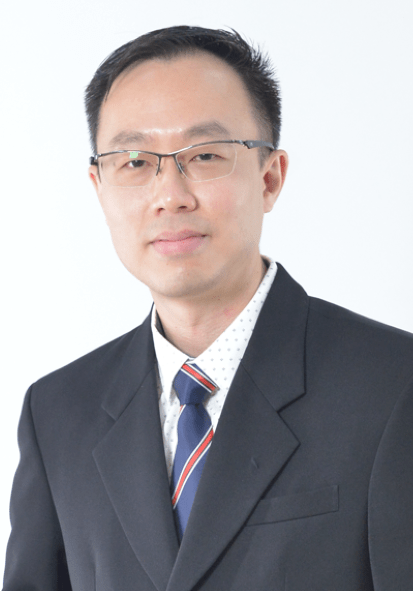
Assoc. Prof. Dr. Liew Kia Wai
Associate Professor
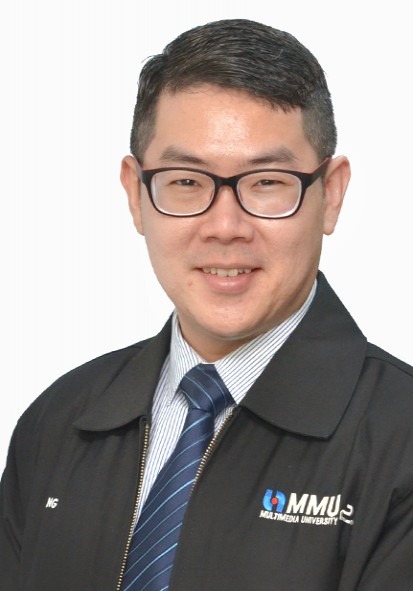
Assoc. Prof. Ts. Ir. Dr. Ng Poh Kiat
Associate Professor
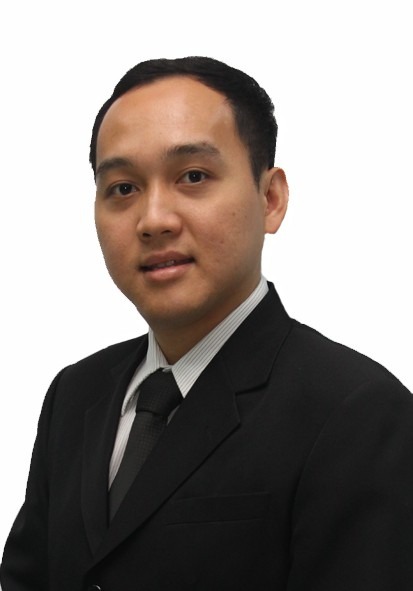
Dr. Em Poh Ping
Assistant Professor
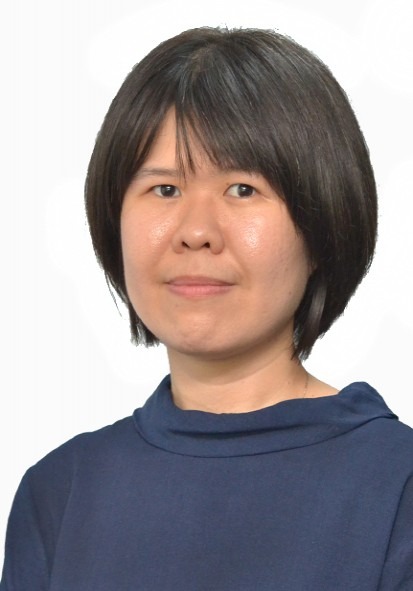
Dr. Lim Elaine
Assistant Professor
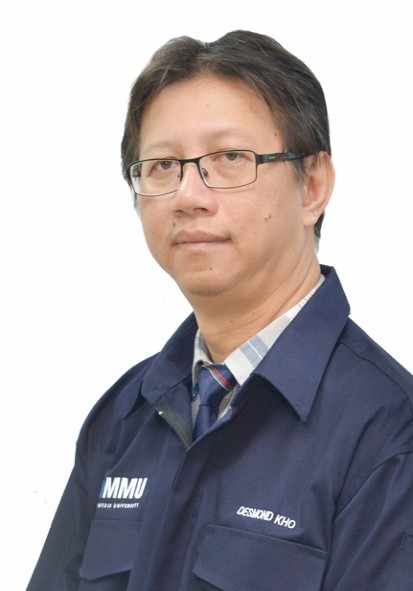
Dr. Lim Thong Leng
Assistant Professor
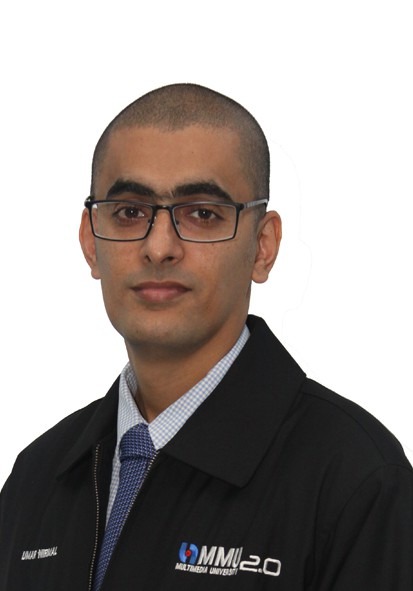
Dr. Umar Nirmal
Assistant Professor
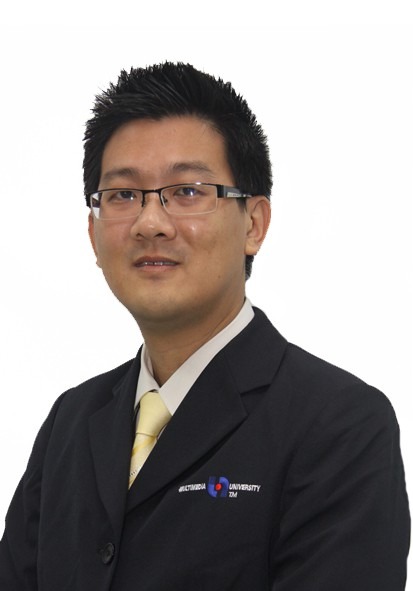
Mr. Low Kean Ong
Assistant Professor
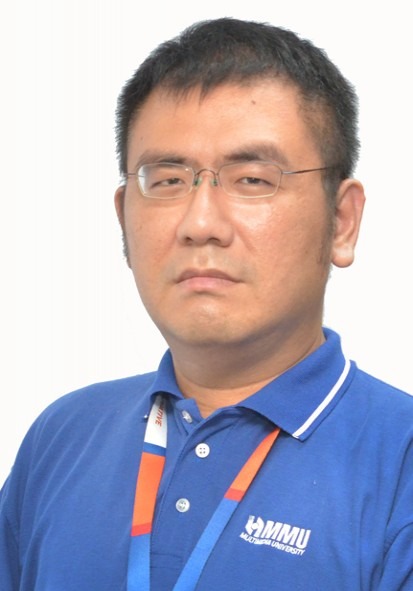
Dr. Chan Wai Ti
Senior Lecturer
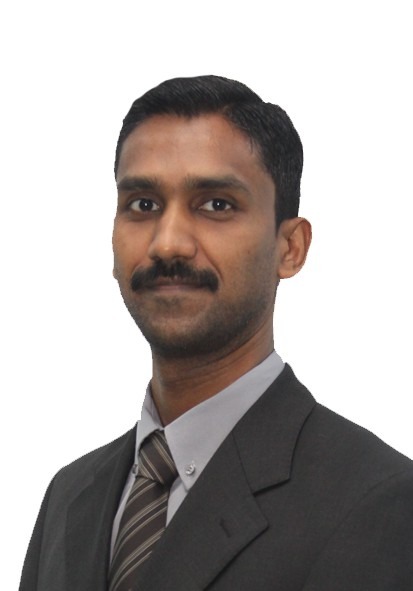
Dr. Logah Perumal
Senior Lecturer
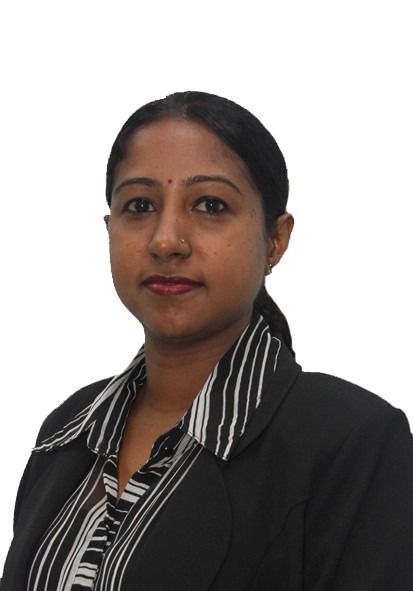
Dr. Yasothei Suppiah
Senior Lecturer
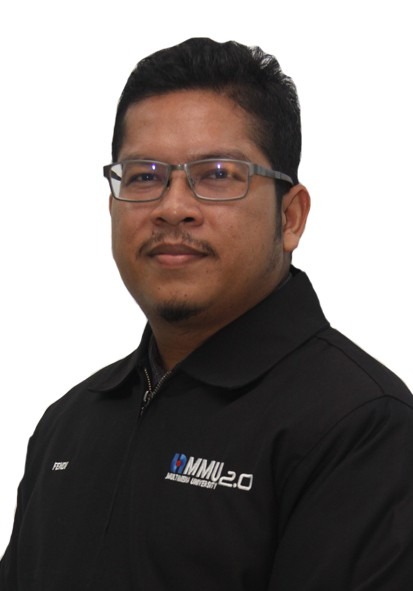
Mr. Alif Zulfakar Pokaad
Lecturer
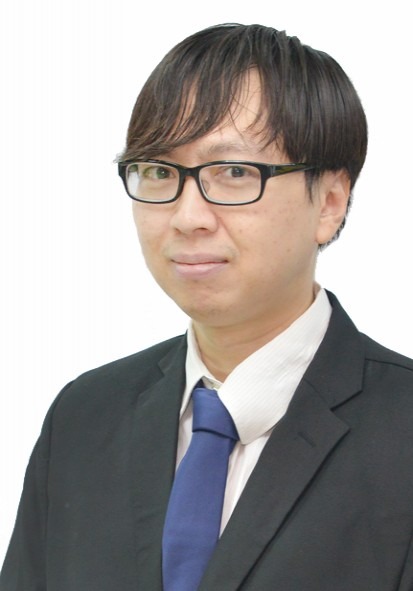
Mr. Ooi Yongson
Lecturer
INDUSTRIAL ADVISORS
Ir. Goh Su Kin
Deputy Chief Engineer, Prosper Capital Holdings Sdn. Bhd.
Mr. Syahril Bin M. Azmi
Chief Operating Officer & Director, Honda Assembly (Malaysia) Sdn. Bhd.
Ir. Hayati Binti Hussien
Custodian Offshore Pipeline Engineer/Head of Pipeline Design Team, Petroliam Nasional Berhad (PETRONAS)
Mr. Lim Kian En
Senior Project Engineer, Sulzer Singapore Pte. Ltd.
EXTERNAL EXAMINERS
Professor Ir. Dr. Shahrir Abdullah
Department of Mechanical and Materials Engineering, Faculty of Engineering and Built Environment, Universiti Kebangsaan Malaysia
Professor Ir. Dr. Lim Chee Wah
Department of Architecture and Civil Engineering, City University of Hong Kong
